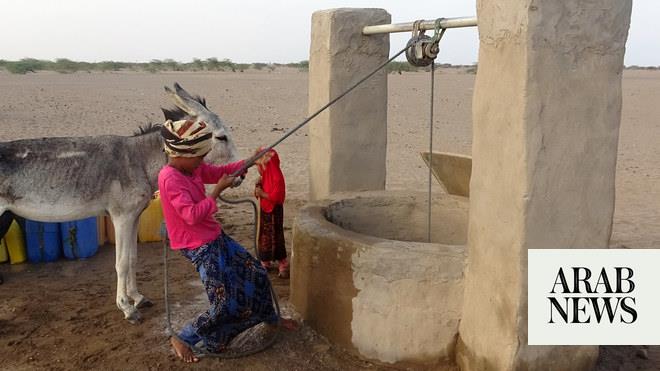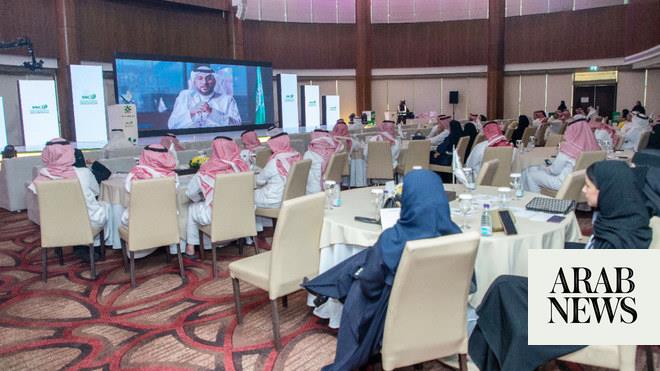
GENEVA — The UN is marking World Water Day on Monday with a global conversation on how people value the life-giving resource in different parts of the world, according to local needs.
“For me, water means protection,” Secretary-General António Guterres said in a message.
He explained that a well-managed water cycle, encompassing drinking water, sanitation, hygiene, wastewater, transboundary governance and other key issues, “means defense against ill-health and indignity”.
It means a “response to challenges from a changing climate and increasing global demand”, Guterres added.
The fundamental question has been asked to understand water’s “true value” to better protect the vital resource for every person and every purpose, amid a growing global water crisis.
Today, about one in three people lack access to safe drinking water, and there are fears that by 2050, as many as 5.7 billion people could be living in areas where water is scarce for at least one month a year.
Furthermore, it is estimated that by 2040, global water demand could increase by more than 50 per cent, putting additional stress on the vital resource.
Preventing waste and misuse
According to a new UN report, one of the key reasons for water waste and misuse is the inability to recognize the value of water.
“Recognizing, measuring and expressing water’s worth, and incorporating it into decision-making, are fundamental to achieving sustainable and equitable water resources management,” the report, Valuing Water, highlighted.
Launched in conjunction with World Water Day, the report also offers best practices and in-depth analyses to stimulate ideas and actions for better stewardship in the water and related sectors.
In his message, Guterres underscored that water and sustainable development are intricately linked. “There is no aspect of sustainable development that does not fundamentally rely upon it,” he said.
Ensuring availability and sustainable management of water and sanitation for all, is also one of the seventeen Sustainable Development Goals (SDGs), which countries have committed to achieve by 2030. While progress is being made towards this Goal, the pace needs to quadruple.
“Chronic under-investment in water and sanitation disadvantages and harms vast numbers of people. This is unacceptable,” the UN chief said, calling on everyone to “commit to intensifying efforts to truly valuing water so all may have equitable access to this most precious resource.” — UN News












